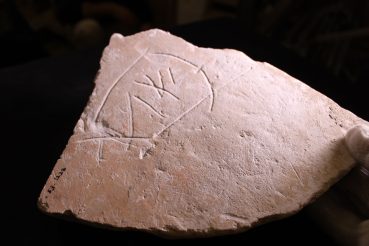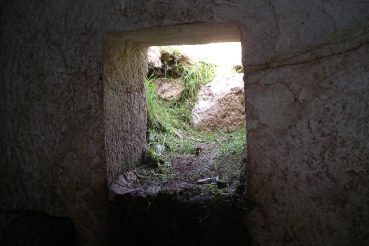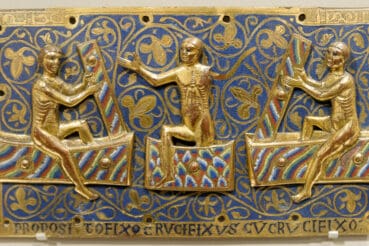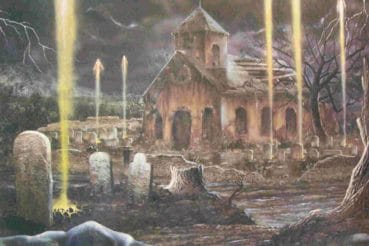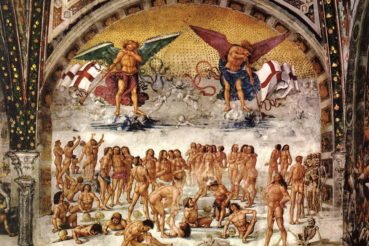This lecture lays out what I believe is the earliest archaeological evidence related to the followers of Jesus. The standard view of many historians–though not all–is that we have nothing from the early Christians until the late 2nd or early 3rd centuries. Here I deal only with materials that are…
Over the years I have been amazed at how many of my academic colleagues, who do not find the arguments convincing that the East Talpiot “Jesus” family tomb can likely be identified with that of Jesus of Nazareth, are nonetheless quite sure that the Church of the Holy Sepulcher is…
One of my most popular posts over the years has is titled “Why People are Confused about the Earliest View of Resurrection of the Dead.” It has had over 10,000 views since I posted it in 2015. By resurrection I mean both that of Jesus, as reported in various documents…
One of the more intriguing of the Dead Sea Scrolls is a fragment now titled “Messianic Apocalypse” (4Q521). This text contains three rather striking features that are of particular significance for comparing the apocalyptic beliefs and expectations of the Qumran community with the emerging early Christian movement. First, the text…
Most people who read the New Testament read it “backwards.” By that I mean they begin with the four Gospels–Matthew, Mark, Luke, and John–move through Acts, and finally get to the letters of Paul and the rest. What many fail to realize is that the seven letters of Paul (1…
Those who have read my book, Paul and Jesus: How the Apostle Transformed Christianity might recall that in the Introduction I survey what I consider to be Paul’s “Six Major Ideas,” several of which are underemphasized, or even overlooked, in many standard treatments of Paul. One of those, which I explore in…
Paul never met Jesus. With those four words I began my book, Paul and Jesus (Simon & Schuster, 2013). Jesus was crucified in 30 CE, Paul had his visionary encounter with Jesus some years after that–seven years according to one early source (The Ascents of James). Accordingly, he is often called…
Jews, Christians, and Muslims all affirm the doctrine of “resurrection of the dead” as a central tenet of eschatology–that is, the understanding of the “last things” or how human history is to end. One common misunderstanding, especially among Christians, is that resurrection of the dead is equivalent to the idea…
And no man having drunk old wine desireth new; for he saith, The old is good –Jesus somewhere in Galilee around 28 CE I had a wonderful teacher at Chicago, the Late Great Robert M. Grant, who always said the best New Testament and Early Christian Literature scholarship was done…

